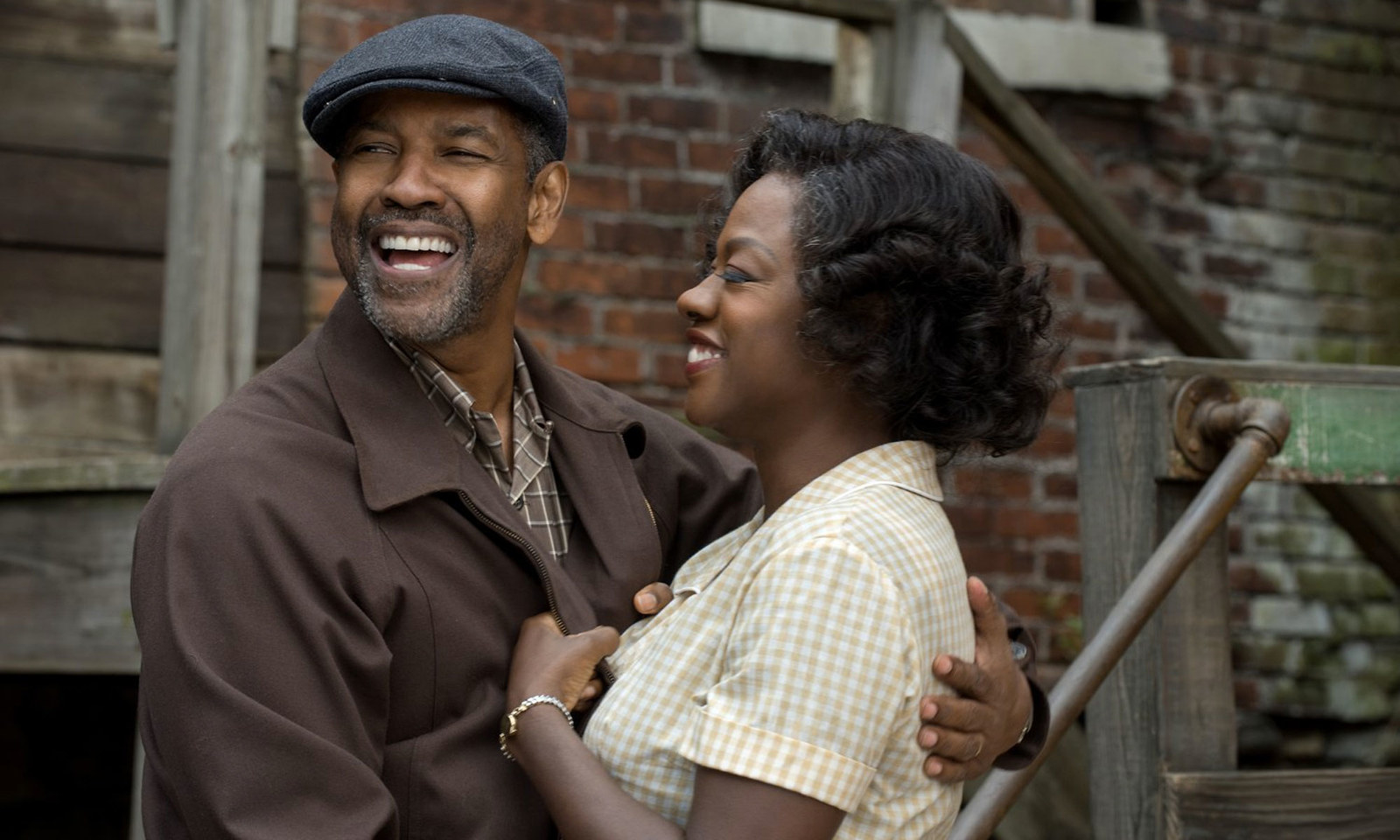The movie industry doesn't move quickly. Films take time to finance, time to get made, and time to be marketed. They're not fleet enough on their feet to be responsive to of-the-moment events, which is why, in the midst of a shitshow as all-consuming and gut-wrenching as our current presidential election, the gap between what's happening in the world and what's playing in your local multiplex can feel Grand Canyon–sized.
But that doesn't mean that a movie can't or won't be positioned as relevant, especially when stressing a title's social or political importance can give it a boost at the box office and during awards season. A movie's perceived meaningfulness — in terms of the weighty themes it tackles, or what it means for representation, or which parts of history it brings to screen — can be helpful for marketing, for making buying a ticket seem like supporting a cause, whether the picture actually deserves a sheen of substantiality or not.
In the wake of #OscarsSoWhite and as we arrive toward the end of a year in which the country tore itself to bits, one of the ironies of the upcoming Oscar race is that the movie that currently has the best shot at winning Best Picture is Ryan Gosling and Emma Stone's resolutely innocuous musical La La Land. It's a lovely and winsome love story between two showbiz strivers, and it reflects the turbulence of 2016 only in providing an escape from it. Most of the rest of this season's spread of serious cinema is at least lightly aligned with a cause.
Here's a look at how the fall's important (or sometimes just self-important) movies address the issues we can't escape.
Hell or High Water
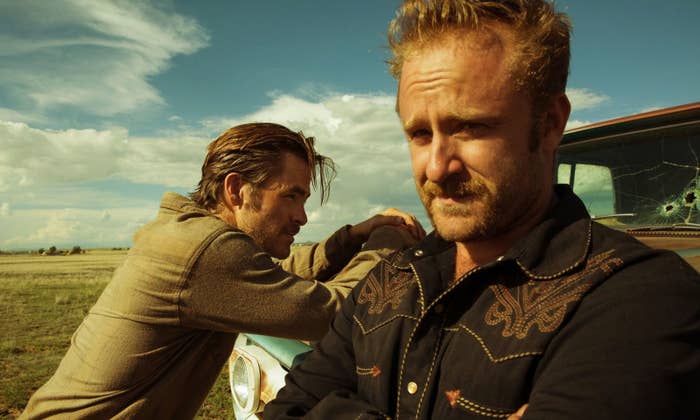
The Birth of a Nation
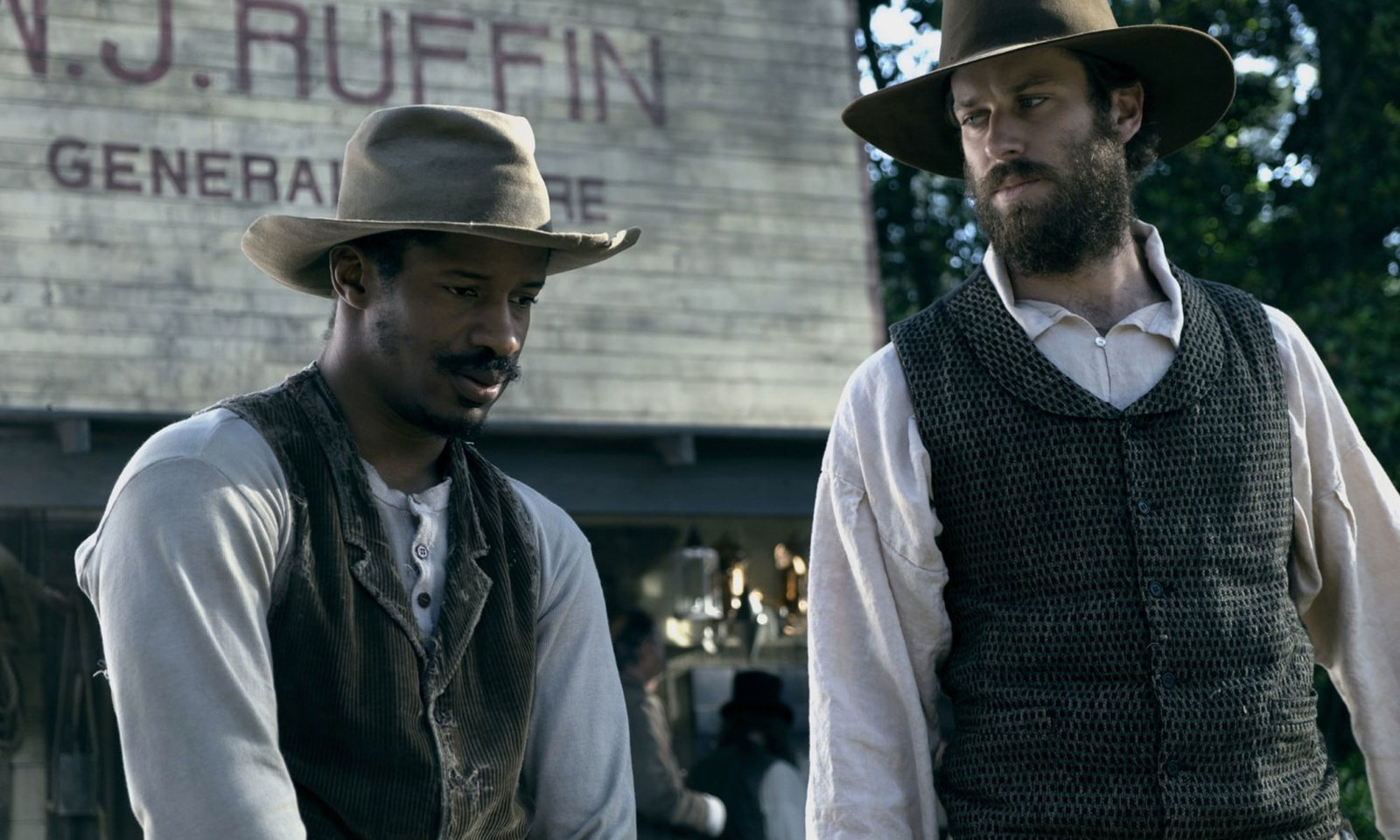
Miss Sloane
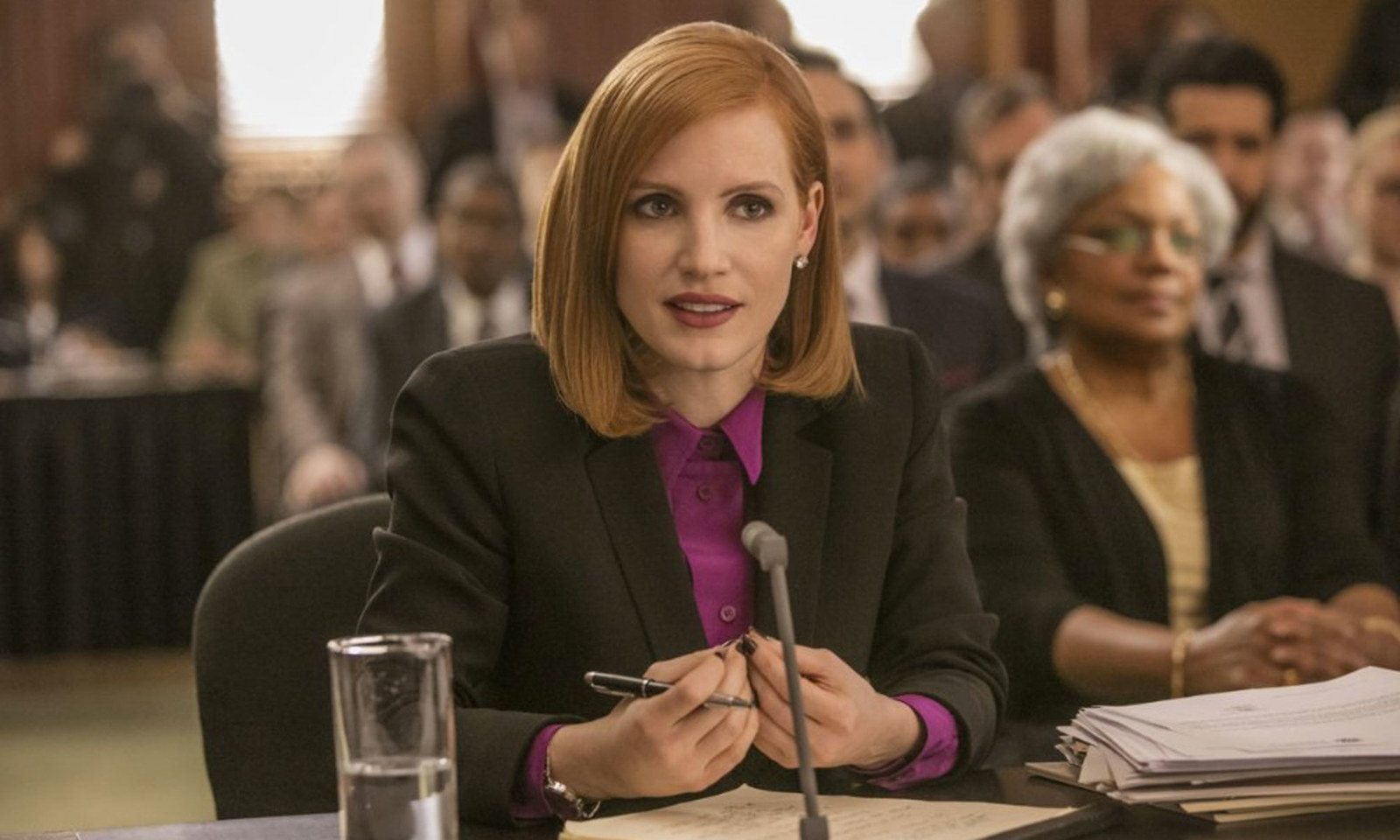
Patriots Day
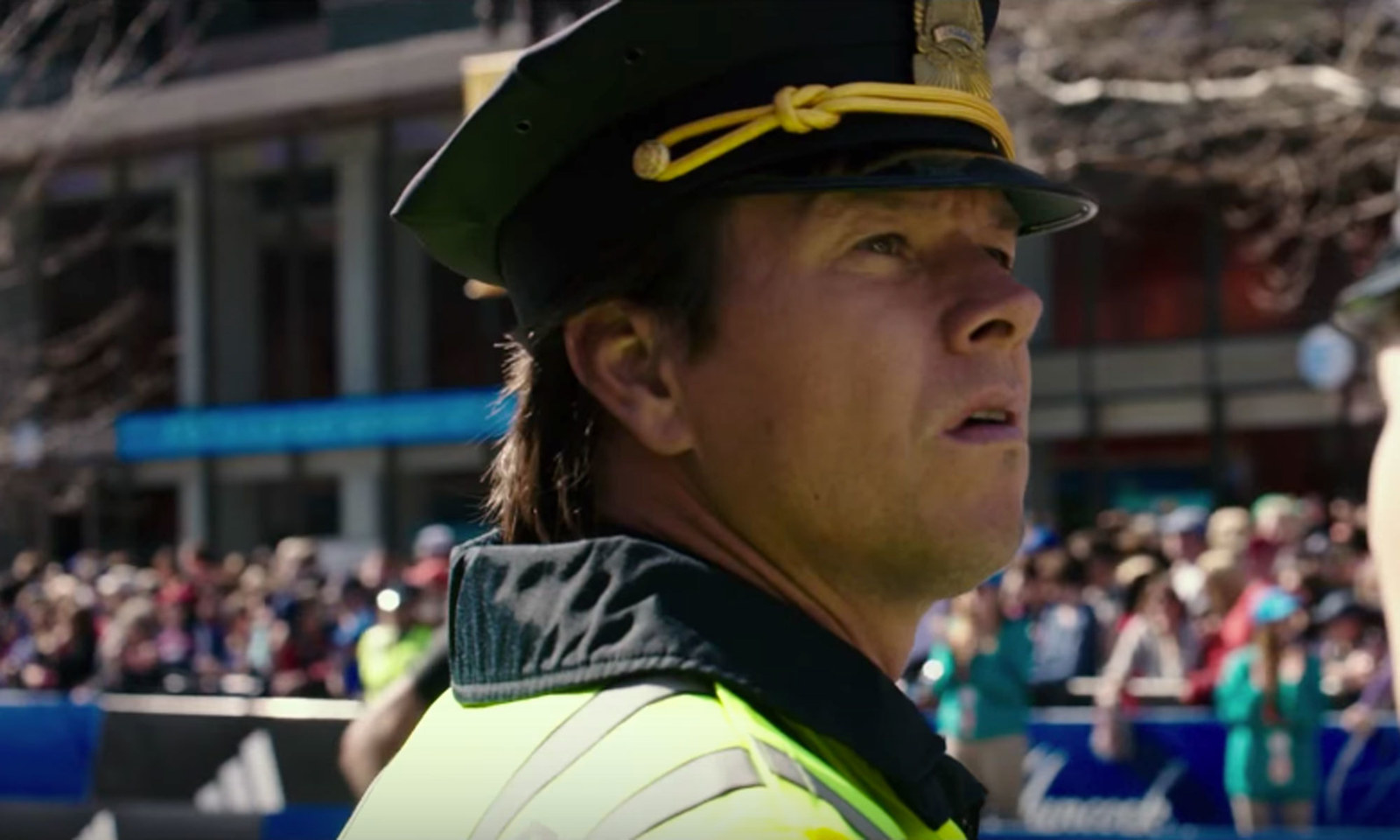
Loving
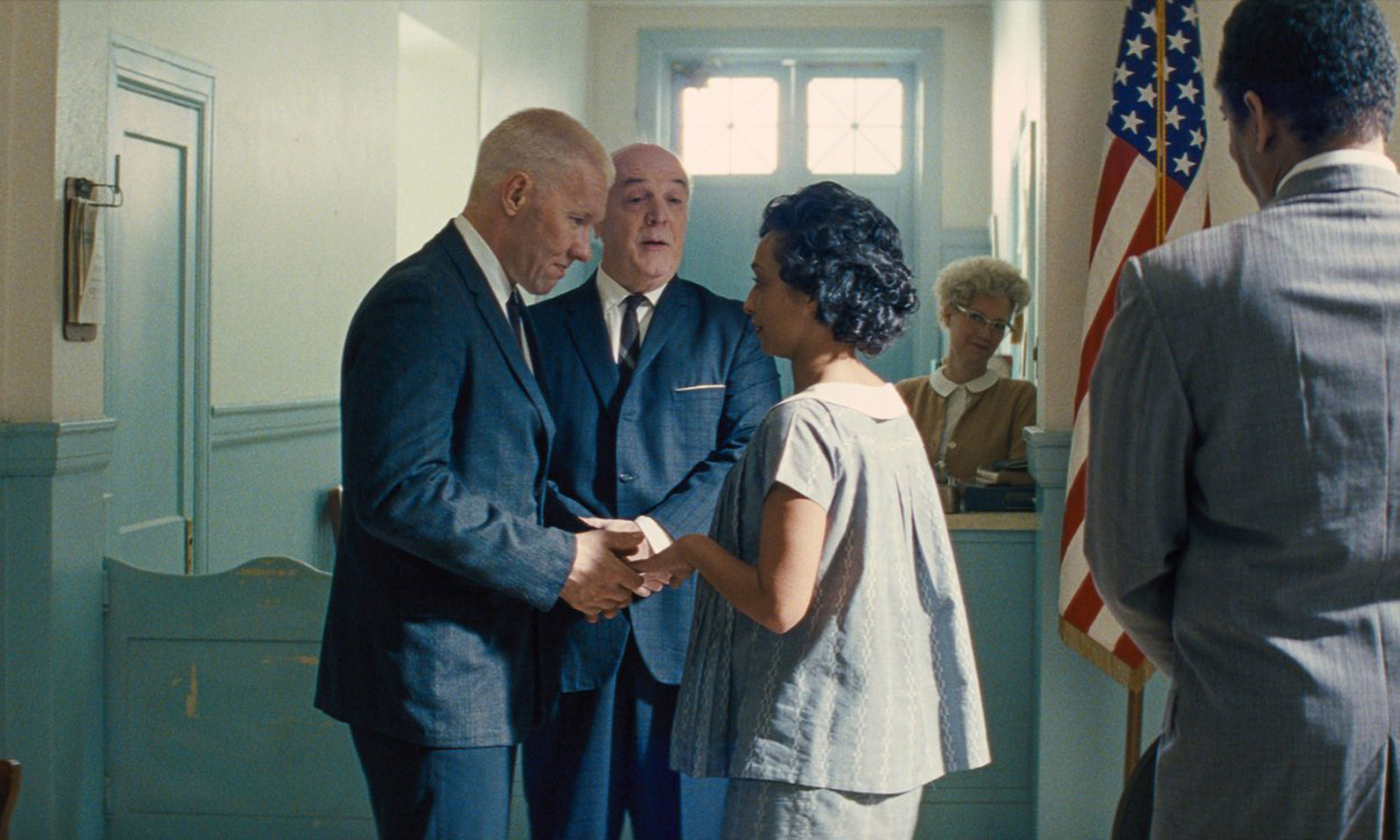
Hacksaw Ridge
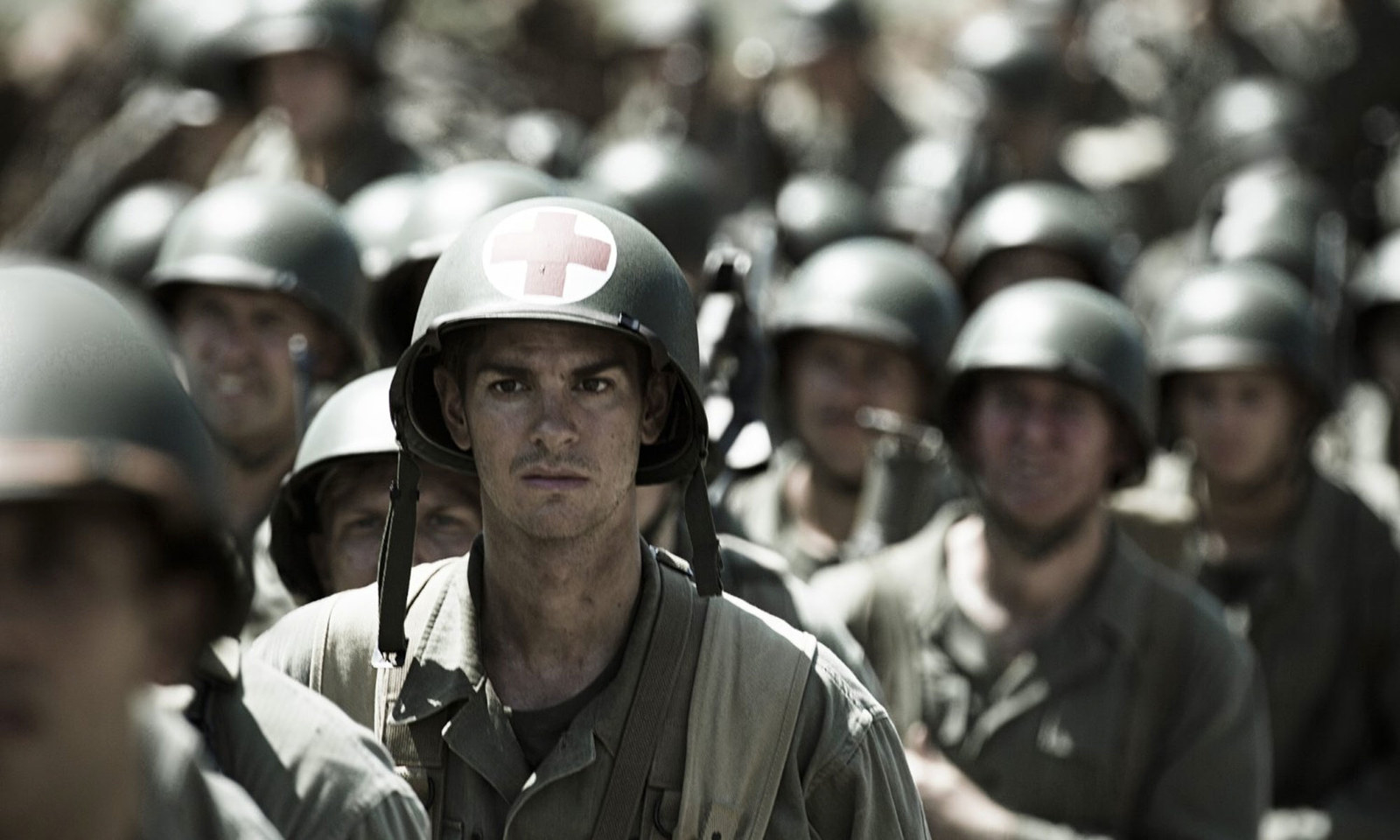
Moonlight
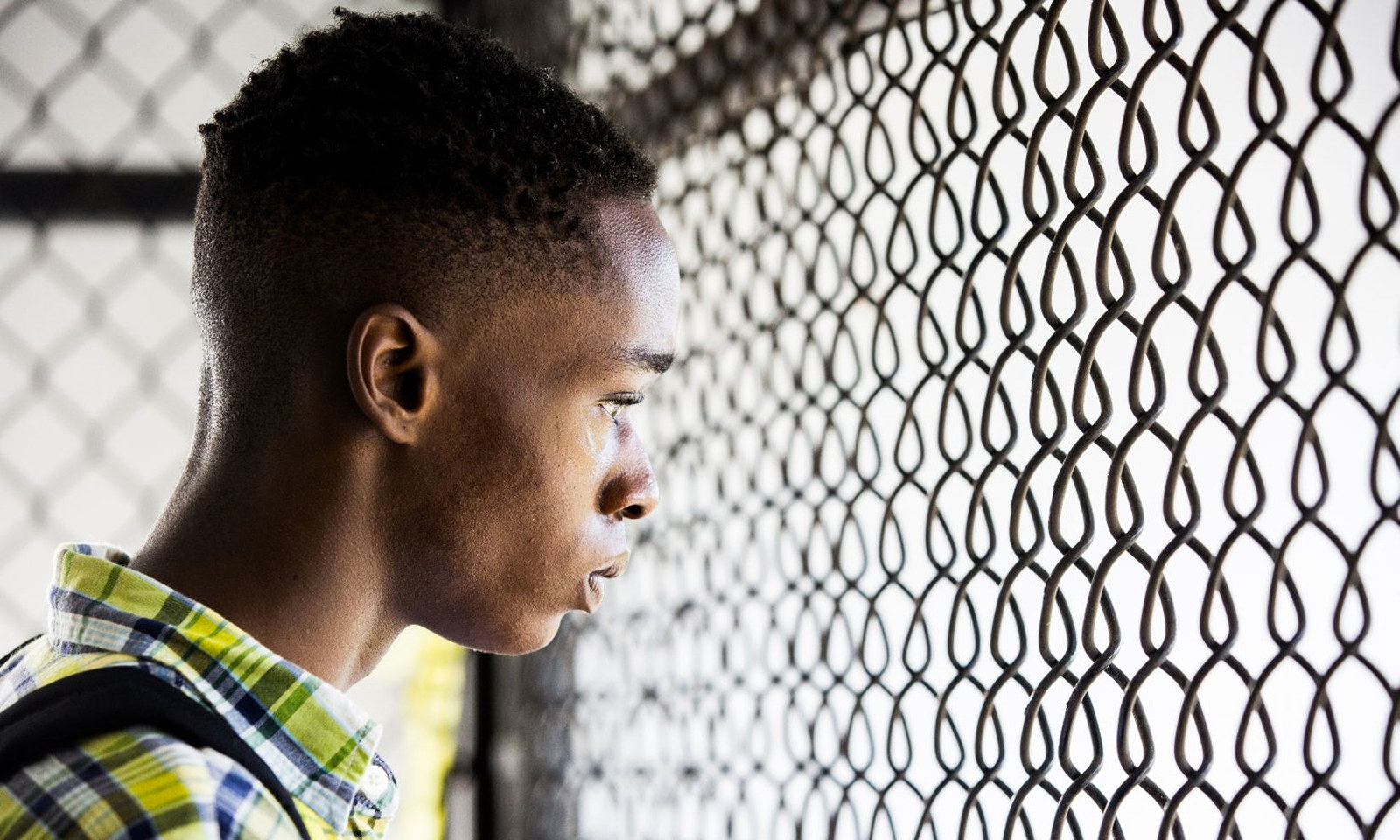
Billy Lynn's Long Halftime Walk
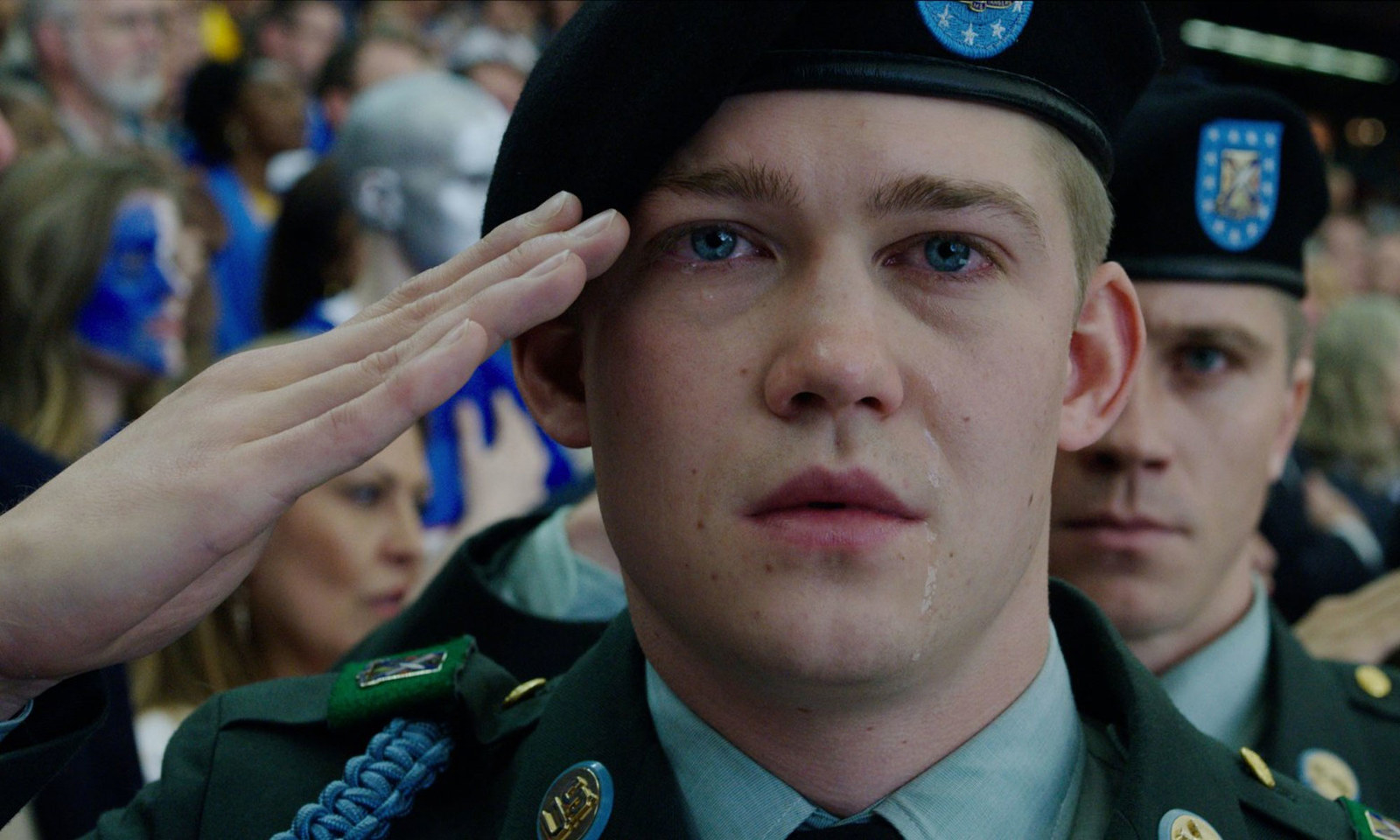
Sully
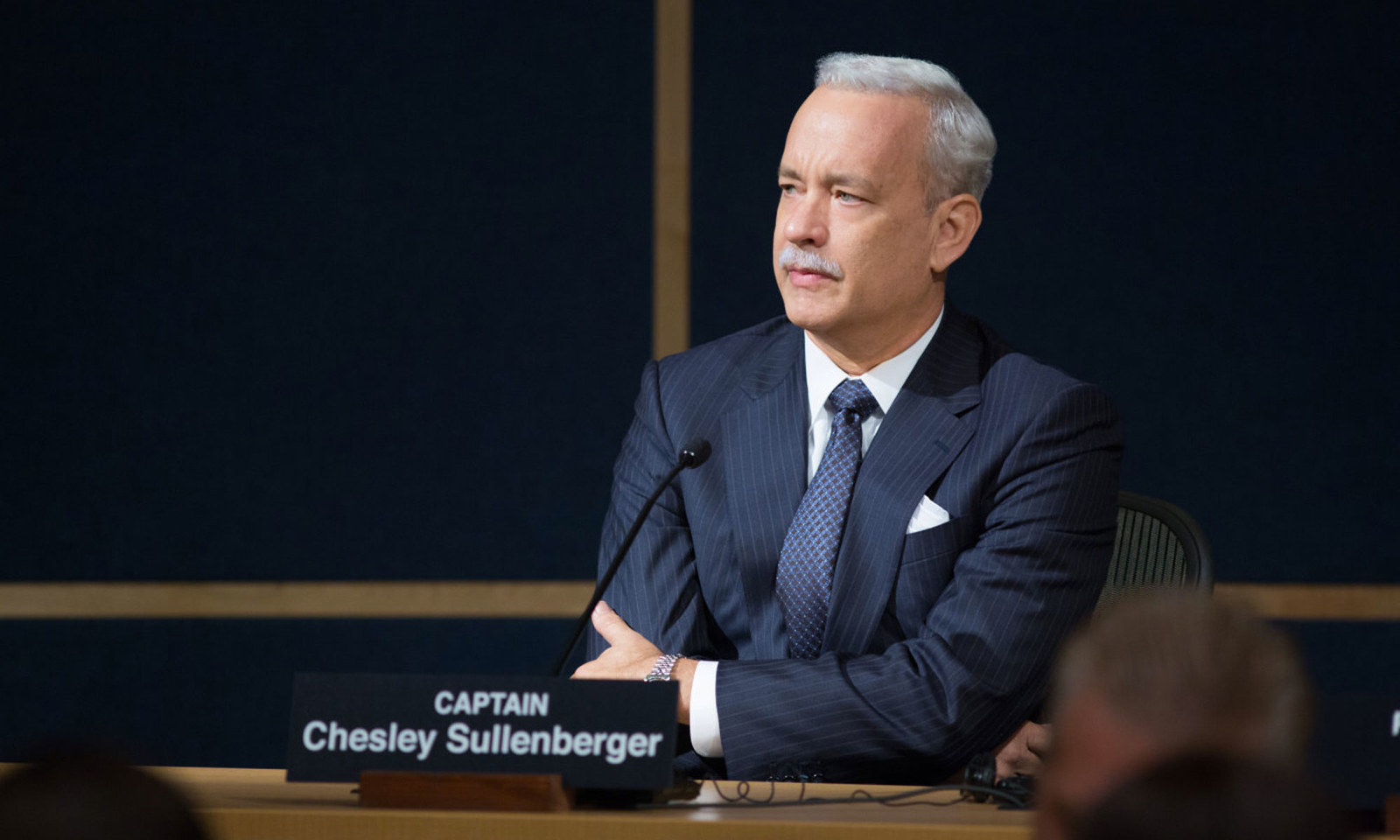
Fences
